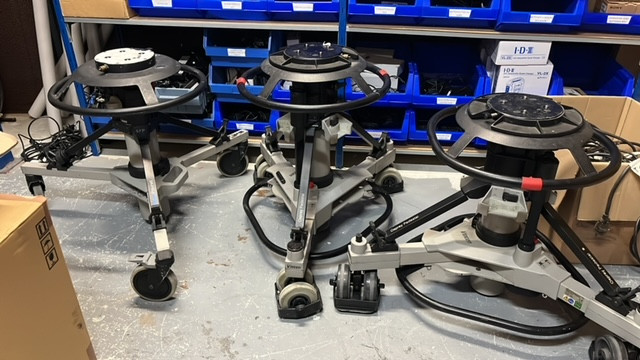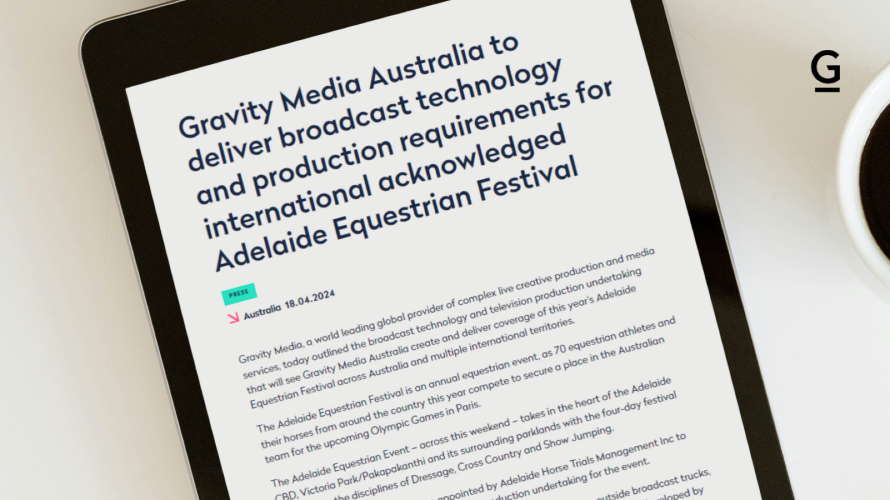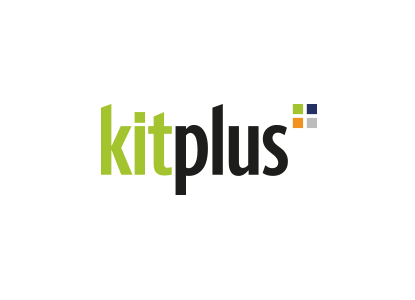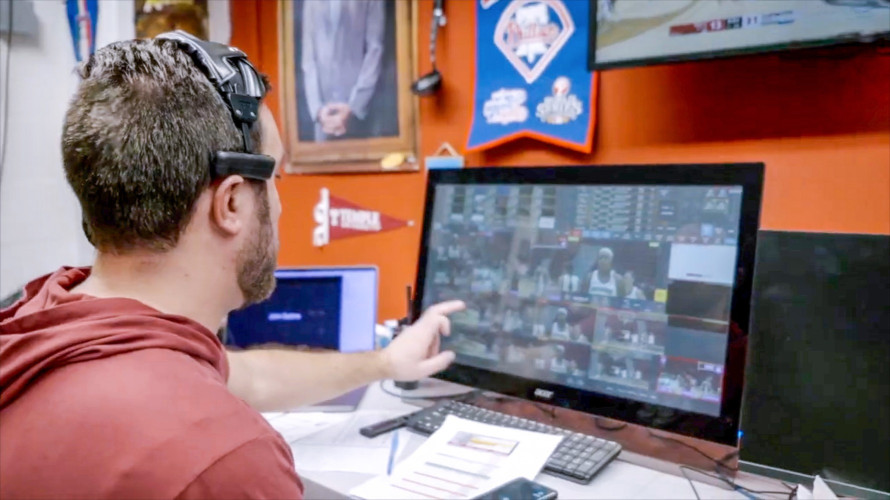Just the facts with Dick Hobbs
Author: KitPlus
Published 1st July 2013
My best ever expenses claim – back in the days when I was employed and had someone to claim expenses from – included the line item “Charter of train”.
This was 25 or more years ago, back when IBC alternated with a television exhibition in Montreux in Switzerland. My employer at the time was launching something pretty revolutionary (although they subsequently discovered they could not make it work) and wanted a client event that would make people talk.
So I chartered a train. The narrow gauge railway that goes over the mountains from Montreux had some vintage Pullman cars. I had them attached to the back of the regular evening train, allowing us to sip wine until they were uncoupled at Chateau d’Oex. We spent the evening clogging our arteries on raclette, then the train company sent an engine up to retrieve us and our coaches to take us back down to Montreux.
The line serves the Bernese Oberland from Montreux but it based in the Francophone part of Switzerland, so is called the Montreux Oberland Bernoise Railway, and our guests were highly amused when I gave them tickets which said Montreux MOB.
I was recounting this story to a couple of teenagers recently, and as I was telling it I realised, with some shock, that to set this up I had to leave the office and go to the Swiss Tourist Office in London, look through some brochures, and probably talk to a real person about the idea. Then I established contact with the railway company by telex, before speaking to another real person by dial-up telephone. The whole thing took weeks.
Of course today the research would be done using Google, Wikipedia, maybe Trip Advisor if I was feeling uncertain, and a couple of emails. 35 minutes tops. I would probably have arranged an electronic transfer of funds rather than turning up at the station with a bundle of used Swiss Francs, but that is another story.
Booking travel – even if it involves a whole train – is unlikely to change the course of our lives, but it did make me think about how easy it is to get stuff wrong by believing online information. There is a lovely picture doing the internet rounds, of a nicely engraved print reading “The thing about quotes on the internet is that it is hard to verify their authenticity”. It is attributed to Abraham Lincoln.
Us writers get used to referring to Wikipedia as the first line of research, despite the fact that we all know stories of it being manipulated for purposes other than making life easy for lazy researchers.
I recently visited a company called Inrix which provides traffic information for radio stations across the UK and internationally. Its database is incredibly clever at sifting information out of everything from police and Highways Agency bulletins to tweets from stranded motorists, but before anything gets on the air it is sifted by an experienced editor with a bank of monitors of traffic cameras.
When it comes to television news it is all too tempting to be lured by something with pictures. Which is all well and good, provided you know where the pictures come from. By and large, our broadcasters in Western Europe are commendably responsible. Transmitting unverified content is extremely rare, and if they do take the editorial decision to do so then they warn us clearly about what we are seeing. Audiences are left in no doubt.
But we cannot ignore that we are in the internet age. The unverified footage is usually out there and available to anyone with a working knowledge of Google. That ends up as a double whammy for responsible news broadcasters: they are seen as behind the curve because “the internet” has beaten them to the story; and they are seen as uninformed because they are reluctant to use stories they cannot stand up.
Proper newsgathering is an expensive business, not least when you have to pay people to go to unpleasantly dangerous places, and occasionally cough up for the ransom to get them back again. Until now we have thought it worth the cost to get news we can rely on from our trusted brands (or, in the case of Fox, get news with our preference in inaccuracy).
Who knows what will happen in the future. Some are predicting disaster. Eric Schmidt, the Google head honcho, was asked at a meeting of advertisers in New York recently when internet video would displace television, and he replied “That’s already happened”. Google, of course, owns YouTube, so he would say that, wouldn’t he.
But is he right? Internet is a great voice for democracy, allowing anyone with a point of view to publish it. Will the unvarnished truth emerge from the massive amount of noise online? Google’s own statistics suggest that today 100 hours of content is uploaded to YouTube every minute: think about that fact for a moment.
I think I am getting confused by it all. Excuse me while a take a train journey and read a good book.









































